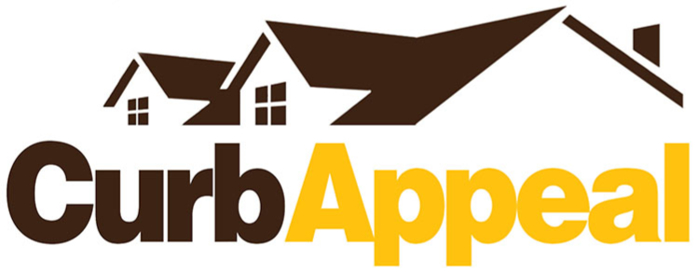Image: AlenaMozhjer - iStock
 When the federal government passed the Coronavirus Aid, Relief, and Economic Security (CARES) Act, they included provisions for mortgage forbearance. These provisions make it possible for lenders to pause mortgage payments because of financial hardship. If you are considering requesting mortgage forbearance, here are important things to know:
When the federal government passed the Coronavirus Aid, Relief, and Economic Security (CARES) Act, they included provisions for mortgage forbearance. These provisions make it possible for lenders to pause mortgage payments because of financial hardship. If you are considering requesting mortgage forbearance, here are important things to know:
Forbearance Does Not Mean Loan Forgiveness
The temporarily suspended mortgage payments will eventually need to be repaid. For example, if your monthly mortgage is $2,000 and you miss three months of payments, you’ll owe your bank $6,000. However, no penalties will accrue during the forbearance period, and your credit score will not be affected.
There Are Various Ways to Repay
The options for repaying the forbearance differ based on the loan and lender. If your loan is owned by a private lender, you’ll have to check with them about their repayment terms. For government-backed mortgages owned by Fannie Mae and Freddie Mac, which make up about half of the market, repayment can be made in a lump sum, with a short-term payment plan, or by adding the balance to the loan and extending the loan length by the number of months skipped. The same options are available for mortgages backed by the Veteran’s Administration, the U.S. Department of Agriculture, and the Department of Housing and Urban Development.
Forbearance Periods Differ
According to the CARES Act, government-owned loans may have a 12-month forbearance period. For loans owned by private lenders and nongovernment-backed entities, the forbearance period may be shorter. The CARES Act, passed March 18, 2020, established an immediate foreclosure and eviction prohibition of 60 days. The length of mortgage forbearance periods longer than 60 days is up to the lender for privately owned mortgages.
Contact Your Lender Directly to Avoid Scammers
Find out who owns your loan by contacting your mortgage servicer—the company you make your payments to each month. To see if Fannie Mae or Freddie Mac owns your loan, check their respective websites. In tough times, scammers prey on people looking for help. Don’t give any money or personal information to anyone who contacts you about mortgage forbearance. Be aware and contact your lender directly to make forbearance arrangements.












 When the federal government passed the Coronavirus Aid, Relief, and Economic Security (CARES) Act, they included provisions for mortgage forbearance. These provisions make it possible for lenders to pause mortgage payments because of financial hardship. If you are considering requesting mortgage forbearance, here are important things to know:
When the federal government passed the Coronavirus Aid, Relief, and Economic Security (CARES) Act, they included provisions for mortgage forbearance. These provisions make it possible for lenders to pause mortgage payments because of financial hardship. If you are considering requesting mortgage forbearance, here are important things to know: